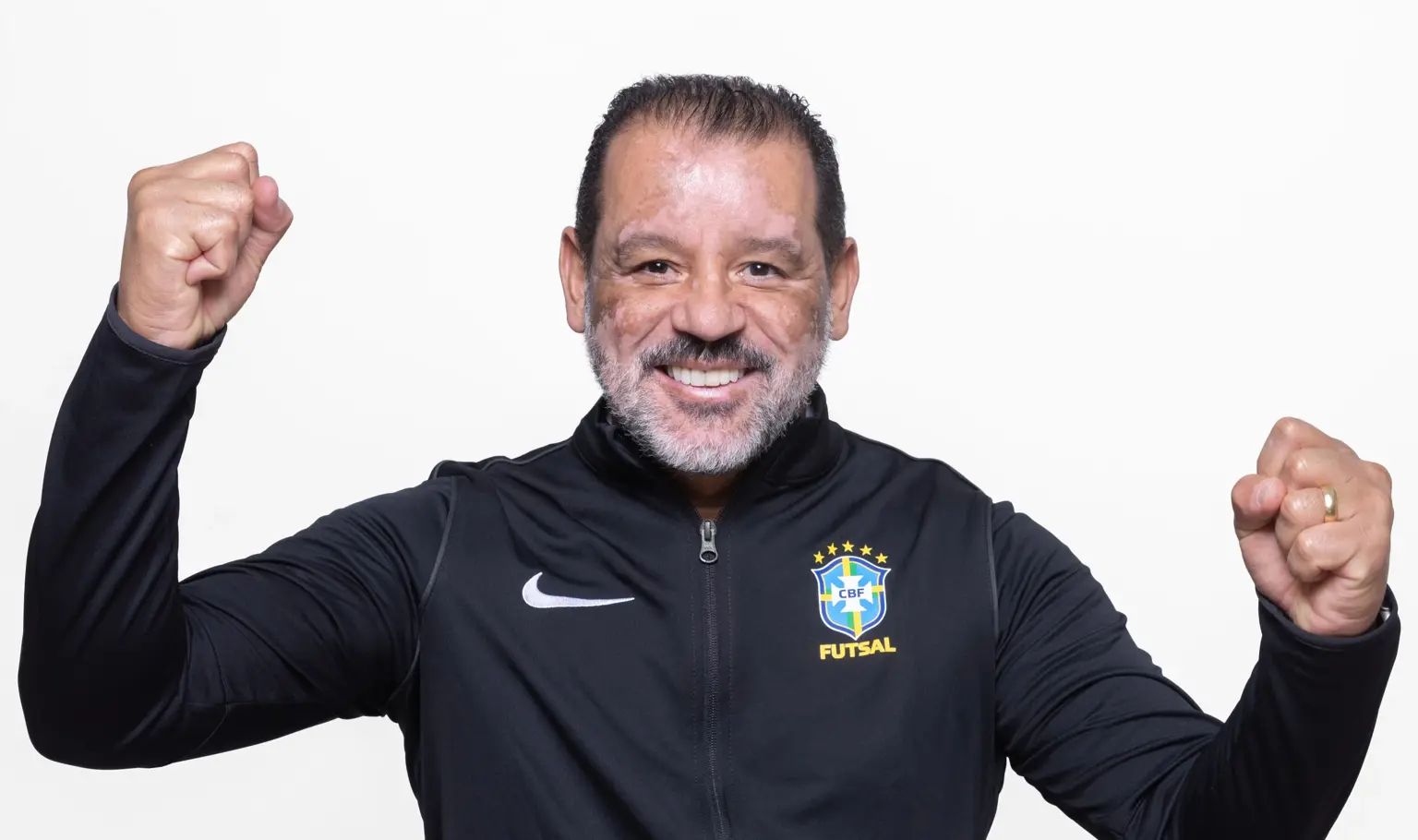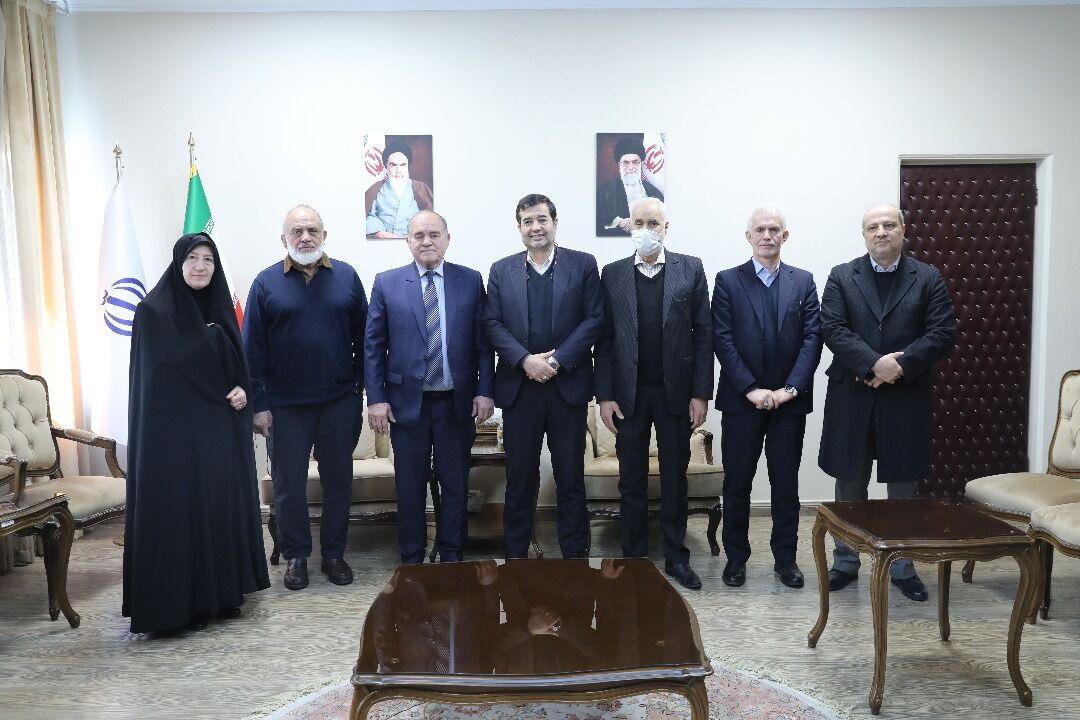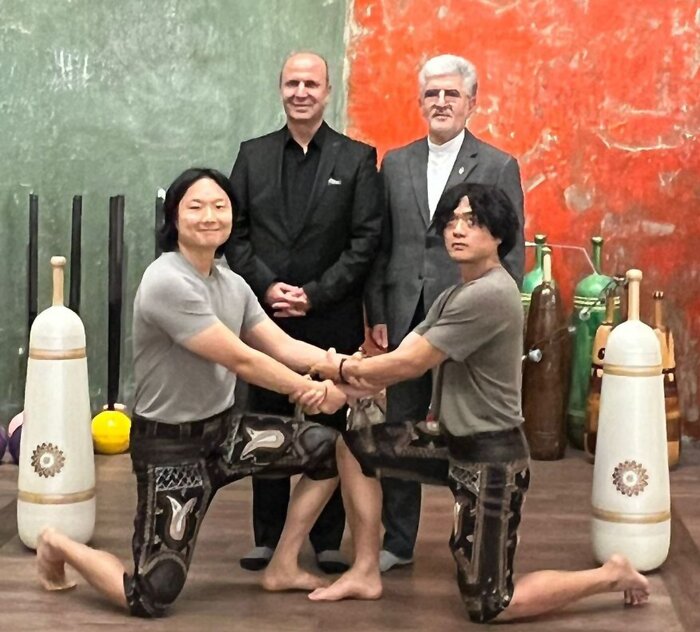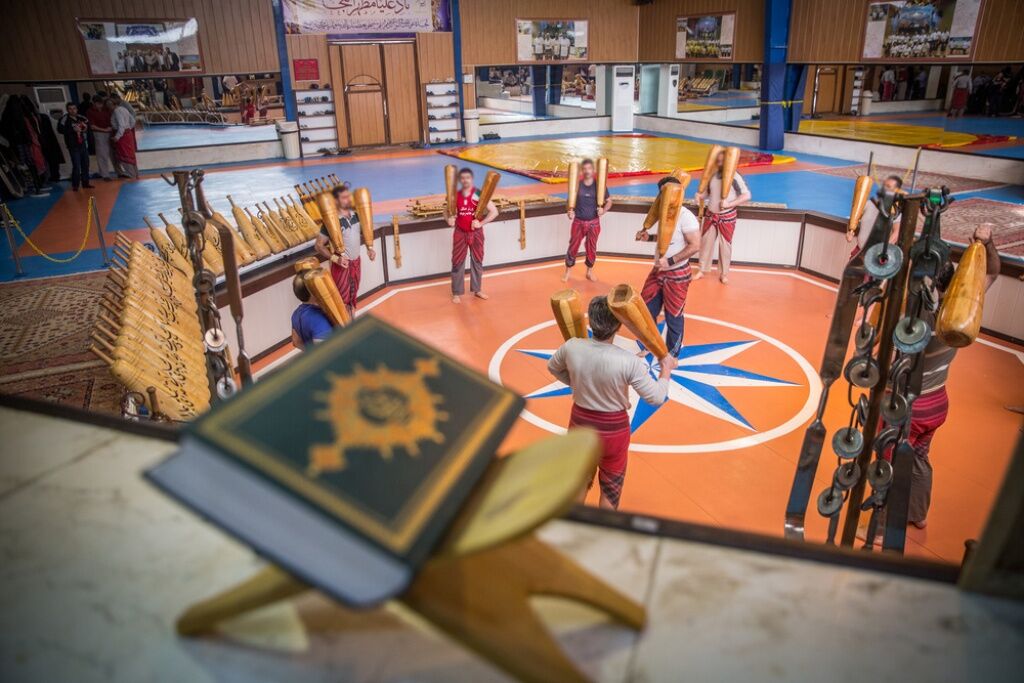Growing up in a family of engineers in Joinville, a young Marcos started to get a taste for futsal from a young age. That is nothing out of the ordinary for a young boy. However, there came a point when his parents felt that he was spending too much time on the court. As it turns out, they thought that this was much more of a problem than it actually was.
“It could never be your profession,” Marquinhos Xavier recalled to FIFA on what he was told back then. “I heard a lot of that from my parents, wanting me to go and study and to follow a more secure path. But from the age of nine or 10, I began to really understand futsal and I fell in love with it.”
In order to keep his parents happy, Marquinhos said that he would continue to study regardless. Even when he had begun to coach at Brazil’s elite level of the sport.
“I recently completed a PhD,” he said. “I am now a doctor in the field of sport. And now I also want to leave a legacy. They see now that I have reached the pinnacle of my profession, which is being involved with the Seleção. It took a lot of hard work and passion to get here.”
As someone who has published respectable literature on the sport, Marquinhos perfectly understands the repercussions of this journey to the FIFA Futsal World Cup™ final and what will follow after. The coach had already spent a lot of time working with the players on the mental side of the game, not imagining for a second that it would yield these results. And as if the pressure of trying to win their first global title in 12 years was not enough, the decider just had to be against Argentina.
The players were all clear that the goal was to lift the trophy. Well, here you are, preparing for the final…
Marquinhos Xavier: We are well aware of the journey we have all been on to get to this point. It has been a very strong campaign for us so far. At a tournament, we are always trying to gather bits of information about what is happening. We have to react quickly and change things to manage the condition of the players at such a tough tournament. It’s going to be a significant final for South America, but it is also important that we remain humble in valuing all of our small achievements. Brazil have not been in a final for 12 years. It is important that we remember that, because getting this far is already something to be proud of. We are trying to prepare the players mentally, because I think that will have a big part to play. We have to keep our emotions in check if we are going to win this match.
Argentina have enjoyed a number of significant wins over Brazil, but Brazil were back to their best when they won the Copa America this year. Looking back, was that an important win?
Depending on the cut-off point you take, you could look at it either way. I like to take a more general approach to my analysis. Our matches have always been close encounters, so they could go either way. I don’t think that either of the two sides are favourites. Likewise, I think the number of trophies each side has won is irrelevant. What matters is the history that each of the sides has built. We know how strong Argentina are as a unit. We need to remember how difficult it has been to get to this point, and to be aware of just how tough this final hurdle is going to be.
The chance of winning this World Cup is obviously huge for both teams, but none of that will matter for the eventual runners-up. The two teams both deserve to be in the final because they have been great for the sport. I think that is also part of our mission. We are going to be playing to the biggest audience that futsal has ever seen, that is for sure. We need to go out onto the court remembering that we have to set an example. Fair play is the most fundamental principle of sport, so we need to make sure that the rivalry does not spoil that.
The geographical nature of the rivalry also means that the two sides know each other very well. You could argue that Argentina know the Brazilian team better than any other nation, and vice versa…
You’re right, we probably both know each other’s style of play quite well. That is why I think the mental side of the game is so important here. Us coaches will look at how we want to set up but, ultimately, I think the tactics will come down to what the players decide to do at the decisive moments. Our tactics will be in the players’ minds and then the team will react to those decisions based on these tactics. That is what will make the difference. Improvising and doing the unexpected can make life uncomfortable for your opponents. Our job is to help the players have clarity in their decision-making and the impact these decisions will have. That can be the difference between winning or losing.
The World Cup obviously throws up challenges on the court, but you have also had to deal with injuries, like Pito.’s How did you find the challenge of coping with that?
You first feel the impact of his absence on a human level, because he is one of your colleagues, he is around you every day. Pito came into this tournament as the best player in the world. It is a bit like being on a flight and losing one of the plane’s engines. You know that another engine would make it an easier flight with a safe landing. I knew I would have to deal with issues like this coming into the tournament. I just was not sure which issues they would be. You have to start again and look for other ways to win. We have shown a lot of resilience as a group at this World Cup, and that comes from all the work that we have been doing over a long period. The team have shown that we can come up with solutions to different issues. We saw the individual impact of Dyego in the semi-finals, and we have already seen it with Marcel and Pito himself. We have been sharing that responsibility around.
Let’s finish with your story. When did you fall in love with futsal and when did you become aware that it would be a profession for you?
That takes me back. I came from a family of engineers, where sport was a leisure activity and could never be a profession. I heard that a lot from my parents, wanting me to go and study and to follow a more secure path. But from the age of nine or 10, I began to really understand futsal and fell in love with it. I never stopped studying. I recently completed a PhD, so I am now a doctor in the field of sport. And now I also want to leave a legacy, not just in my role as a coach, but in the development of sport projects for children. That makes me very proud and I am sure my parents are too. They see now that I have reached the pinnacle of my profession, which is being involved with the Seleção. I want to leave a legacy for whoever comes after me. It took a lot of hard work and passion to get here.
- نویسنده : محمد مهدی اسماعیلی رها





























Saturday, 31 January , 2026